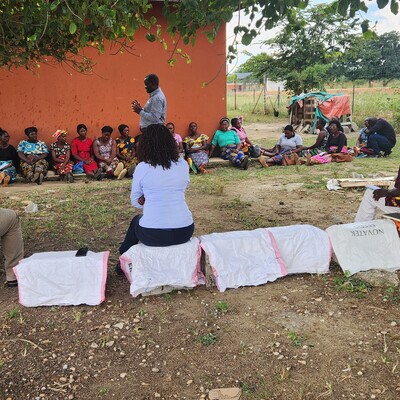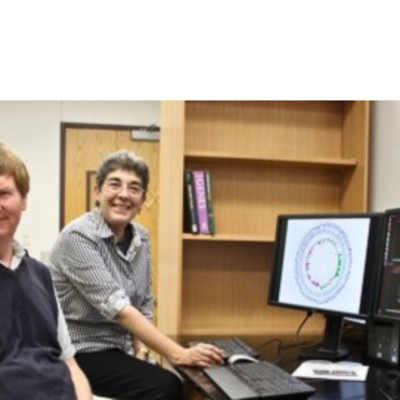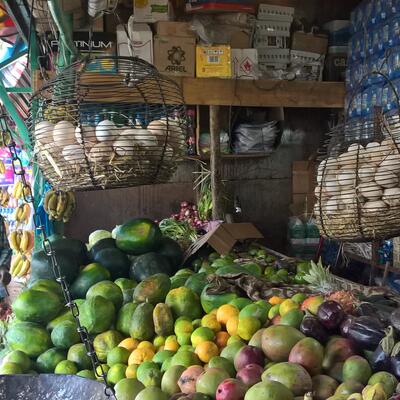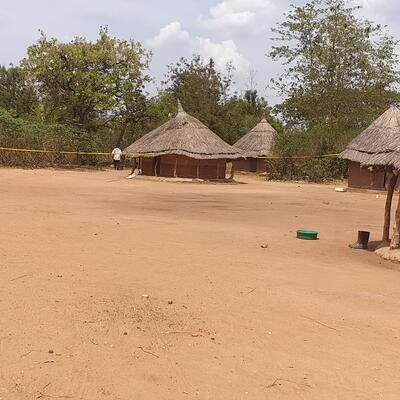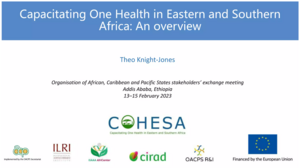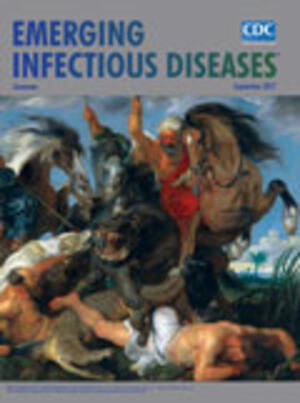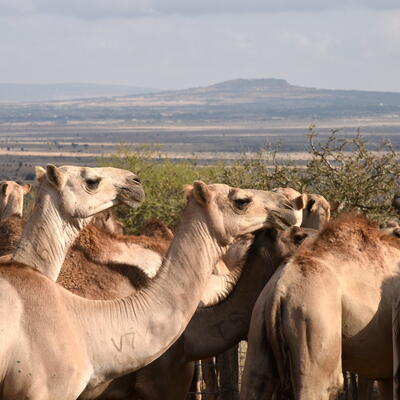
Addressing bovine tuberculosis at the human-animal interface and veterinary antibiotic use in smallholder peri-urban dairy farms in India to ensure safe and sustainable milk production
Overview
Peri-urban areas on the fringes of cities in India have witnessed rapid and unsystematic growth in recent years. In response to increased demand for food, traditional agricultural practices have been supplemented by highly intensified, industrial-style production units, often in peri-urban areas. Agriculture intensification poses significant public health risks, including the potential for zoonotic disease transmission, the emergence of new diseases and the overuse of veterinary antibiotics, which contributes to the development of antibiotic resistance in pathogens affecting humans and animals. The peri-urban ecosystem in India provides a relevant environment for addressing the challenges of zoonotic diseases and for promoting synergies between health, environment protection and development. This is a research initiative at the peri-urban human-animal-environment interface for improved local healthy food production, healthy livestock and enhanced public health. Two major research projects will form an initial basis of the research initiative’s activities: the first focuses on the zoonotic potential of bovine tuberculosis and the second on antibiotic use in peri-urban smallholder dairy farms as risky and unsustainable means of increasing food output. Each of the studies will culminate into proofs of concept of changed incentives and better practices. These initial research projects in the peri-urban ecosystem will provide a basis for expanding the work of the initiative to identify and address other key development and public health issues in this setting.
General objective
To contribute to stronger evidence-based cross-sector policy and local capacity for integrating public health and livestock health, urban planning, local food production and social development in peri-urban settings of India.
Specific objectives
- Establish a policy-relevant research program within an India research initiative on peri-urban human-animal-environment interface housed at the Public Health Foundation of India.
- Generate evidence and improved understanding of interactions between disease risk, livestock and human health and sustainable development in different types of peri-urban settings of the country.
- Influence the coordination of policy and practice that supports safe food production, healthy livestock and improved public health.
- Create and maintain sustainable multidisciplinary and multi-actor partnerships for policy-relevant research aiming at decreasing health and environmental problems from livestock agriculture and overcrowded conditions in peri-urban ecosystems.
Study sites
Bangalore, Guwahati and Mumbai
Partner
Public Health Foundation of India (PHFI)
Scientists
Manish Kakkar (PHFI)
Ram Deka (ILRI)
Johanna Lindahl (ILRI)
Delia Grace (ILRI)






